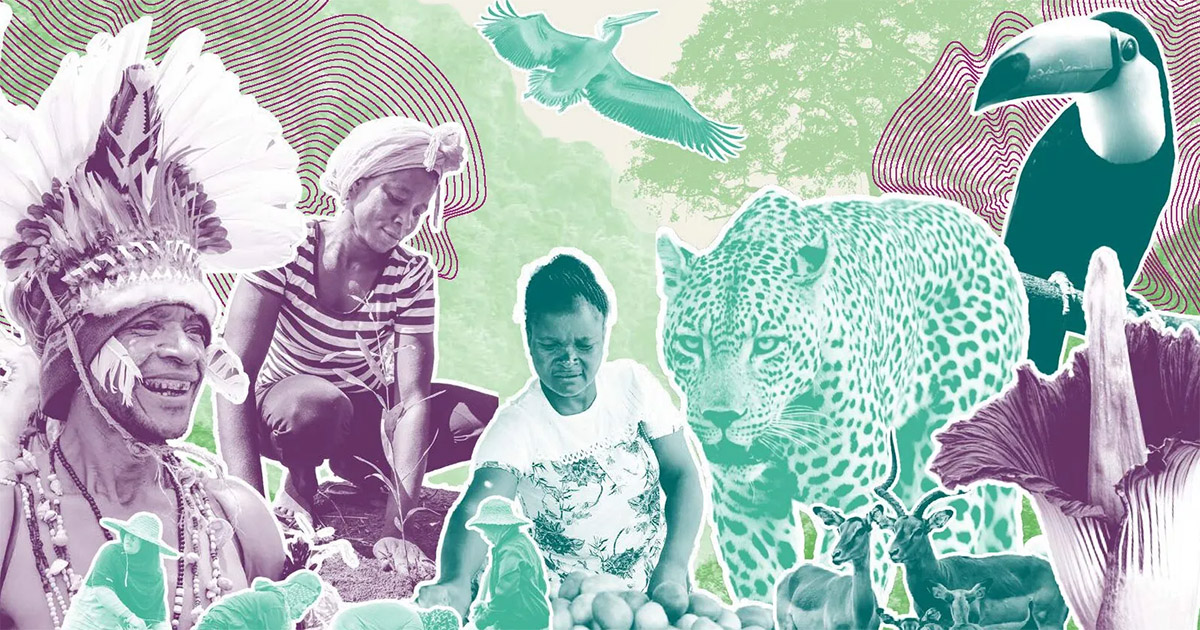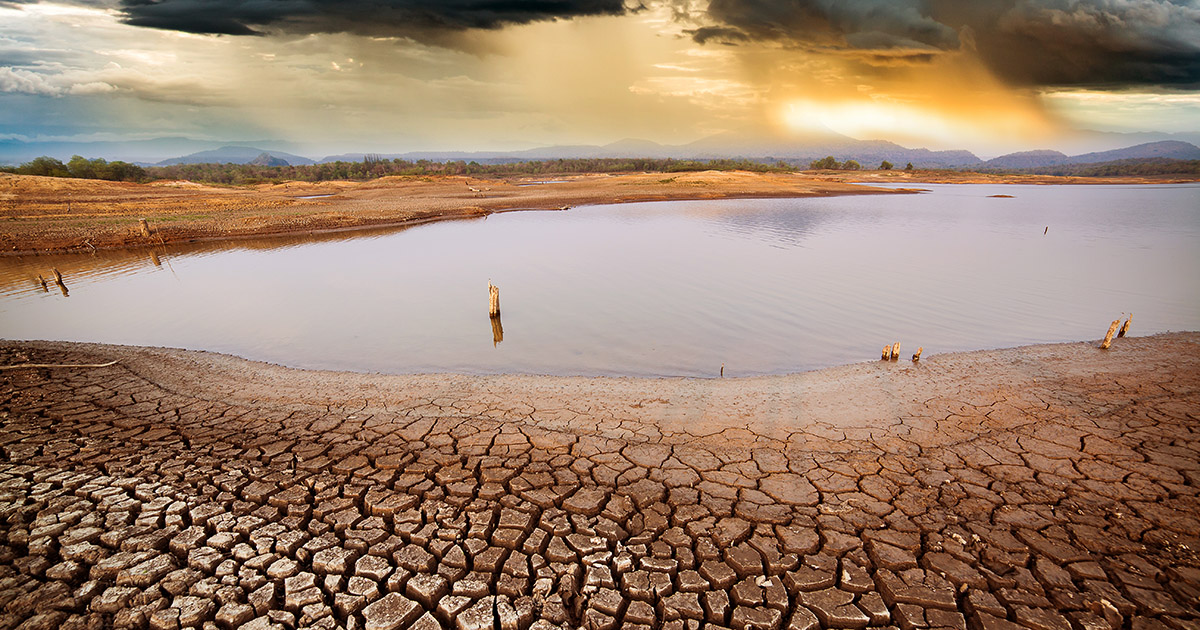In recent decades in northwest Vietnam, Arabica coffee has been grown on sloping land in intensive, full sun monocultures that are not sustainable in the long term and have negative environmental impacts. There is an urgent need to reverse this negative trend by promoting good agricultural practices, including agroforestry, to prevent further deforestation and soil erosion on slopes. A survey of 124 farmers from three indigenous groups was conducted in northwest Vietnam to document coffee agroforestry practices and the ecosystem services associated with different tree species used in them. Trees were ranked according to the main ecosystem services and disservices considered to be locally relevant by rural communities. Our results show that tree species richness in agroforestry plots was much higher for coffee compared to non-coffee plots, including those with annual crops and tree plantations. Most farmers were aware of the benefits of trees for soil improvement, shelter (from wind and frost), and the provision of shade and mulch. In contrast, farmers had limited knowledge of the impact of trees on coffee quality and other interactions amongst trees and coffee. Farmers ranked the leguminous tree species Leucaena leucocephala as the best for incorporating in coffee plots because of the services it provides to coffee. Nonetheless, the farmers’ selection of tree species to combine with coffee was highly influenced by economic benefits provided, especially by intercropped fruit trees, which was influenced by market access, determined by the proximity of farms to a main road. The findings from this research will help local extension institutions and farmers select appropriate tree species that suit the local context and that match household needs and constraints, thereby facilitating the transition to a more sustainable and climate-smart coffee production practice.
DOI:
https://doi.org/10.3390/land9120486
Dimensiones Recuento de citas:


















